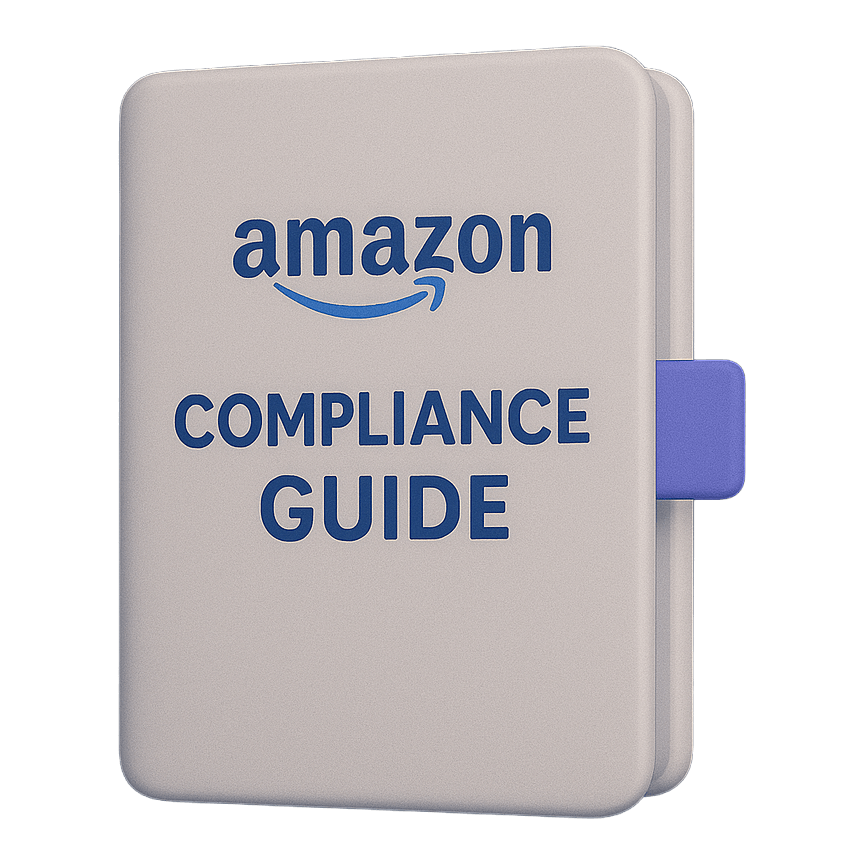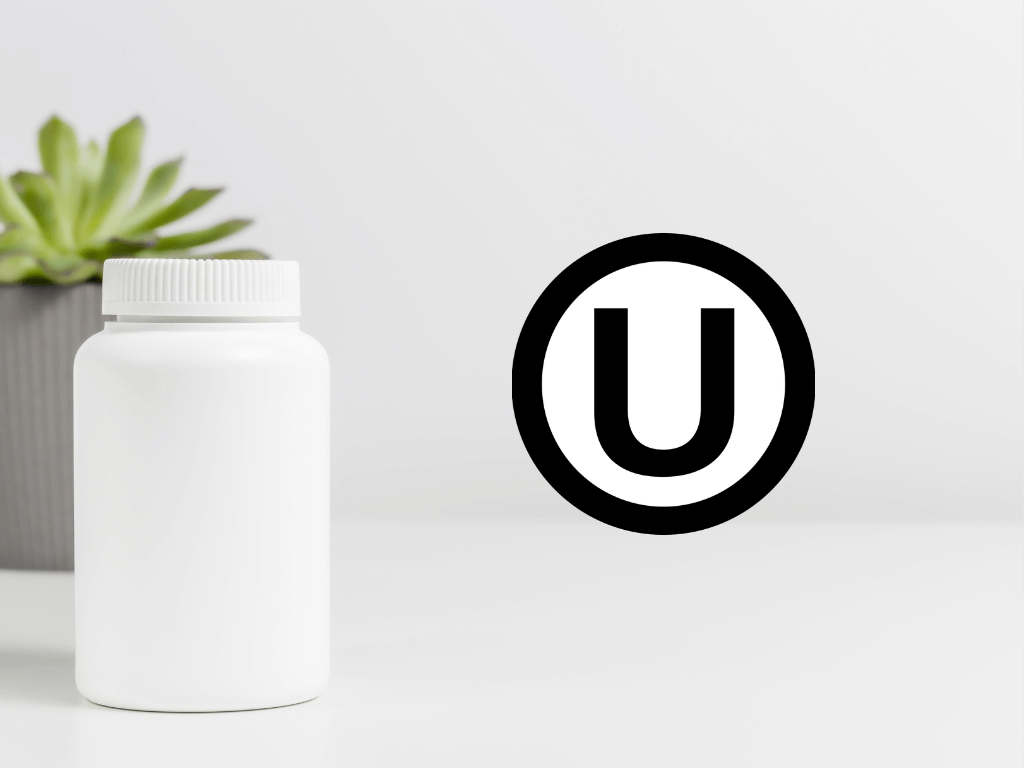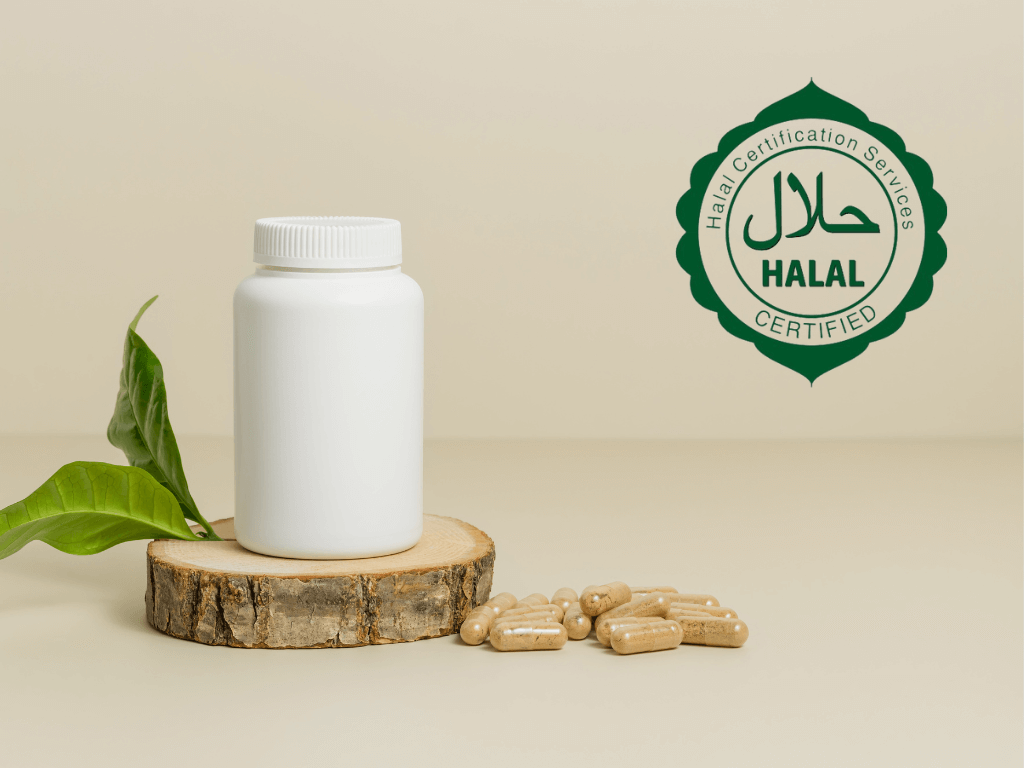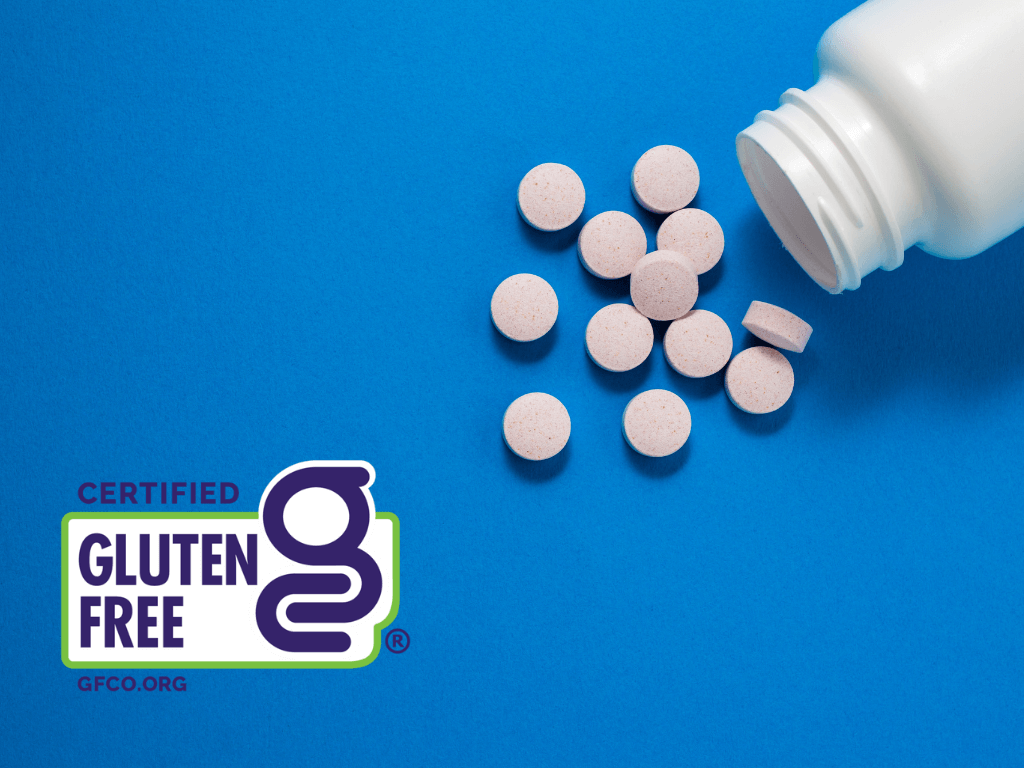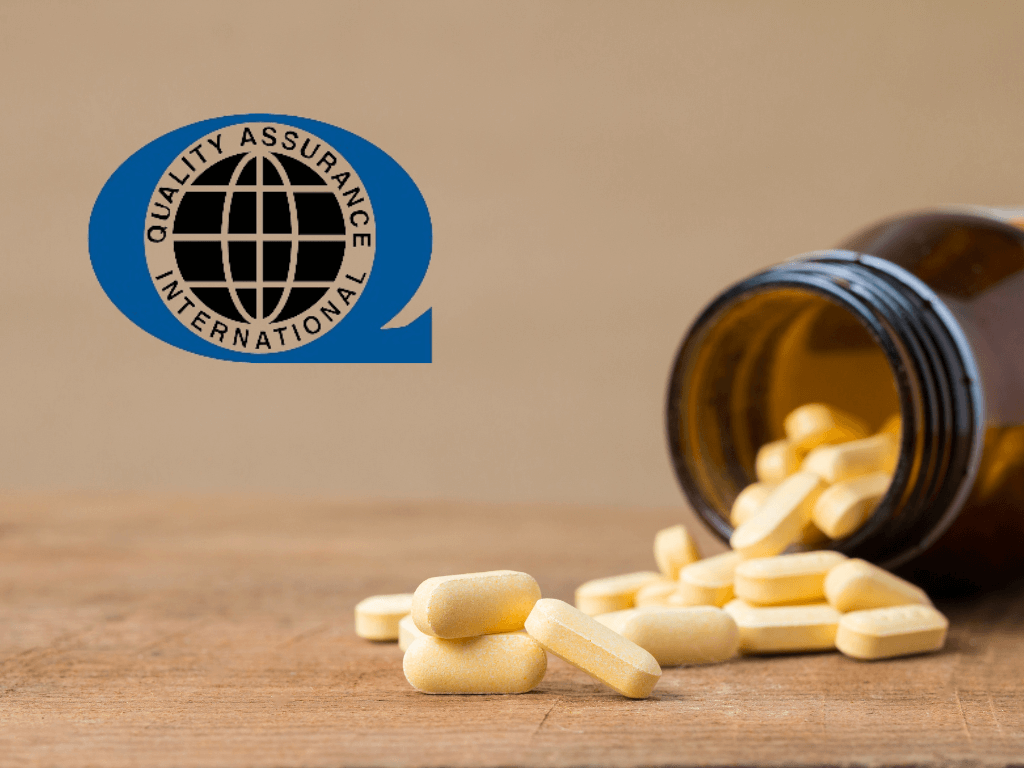The Importance of Nutraceutical Certifications: Building Trust in a Label-Conscious Market
As a brand owner in the nutraceutical industry, you already know that the market landscape is evolving at a rapid pace. Today’s consumers are more informed, health-conscious, and label-savvy than ever before. They are not just looking for the latest trends in supplements; they are demanding transparency and proof of quality. Certifications like “OU Kosher,” “Halal,” “Gluten-Free,” and “Organic” have become key indicators of a product’s quality, purity, and adherence to ethical or dietary standards.
This newsletter is designed to help you understand the significance of these certifications in the current market. By the end of this read, you’ll be equipped with insights into why these certifications are more than just labels—they are essential tools for building trust, expanding your market reach, and ultimately, growing your business. If you’re wondering how certifications can influence your brand’s positioning and resonate with your target audience, this newsletter is for you.
The Role of Certifications in Building Consumer Trust
Certifications are more than just badges on a product label; they are symbols of trust, quality, and adherence to specific standards. With increasing concerns over product authenticity and safety, consumers are turning to recognized certifications to guide their purchasing decisions. These certifications provide assurance that the products they consume meet certain criteria, be it dietary, religious, or health-related.
For nutraceutical companies, obtaining these certifications is not just about meeting regulatory requirements; it’s about demonstrating a commitment to quality and transparency. In a competitive market, certifications can be the differentiating factor that sets your product apart from the rest.
Market Trends: Why Consumers are Looking for Certified Products
The demand for certified nutraceuticals is on the rise, driven by several key trends:
- Health and Wellness Boom: The global health and wellness market is booming, with consumers increasingly seeking products that support their overall well-being. Certifications such as “Organic” or “Gluten-Free” offer consumers peace of mind that they are making healthier choices.
- Dietary Preferences and Restrictions: With the rise in dietary preferences and restrictions, certifications like “Halal” and “Kosher” are becoming more relevant. These labels assure consumers that the products align with their dietary and ethical beliefs.
- Transparency and Traceability: In the age of information, consumers are demanding more transparency from brands. They want to know where their products come from and how they are made. Certifications provide a level of traceability that appeals to this growing consumer need.
- Environmental and Ethical Considerations: Sustainability is no longer a niche concern; it has become mainstream. Certifications like “Organic” not only signify the absence of synthetic chemicals but also indicate environmentally friendly farming practices.
Breaking Down Key Certifications
OU Kosher Certification
The OU Kosher Certification is one of the most recognized kosher symbols worldwide. For consumers who observe kosher dietary laws, this certification is non-negotiable. However, the appeal of kosher products extends beyond just those who observe these laws. Many consumers associate kosher certification with higher quality and purity, making it a valuable addition to any nutraceutical product line.
Halal Certification
Halal Certification is essential for products targeting Muslim consumers, who adhere to dietary guidelines prescribed by Islamic law. Similar to kosher, halal certification is increasingly being sought after by a broader audience due to its perceived standards of cleanliness and ethical sourcing. With a growing Muslim population worldwide, having halal certification can significantly expand your market reach.
Gluten-Free Certification
The demand for Gluten-Free Certification has surged, not only due to the rise in celiac disease diagnoses but also because of the growing popularity of gluten-free diets. Consumers often perceive gluten-free products as healthier or as suitable for various dietary restrictions. This certification can open doors to new customer segments who prioritize gluten-free options for health reasons.
Organic Certification
Organic Certification is perhaps one of the most sought-after labels in the health and wellness sector. It signifies that a product is free from synthetic pesticides, fertilizers, and genetically modified organisms (GMOs). For consumers who prioritize environmental sustainability and natural ingredients, organic certification is a crucial factor in their purchasing decisions.
How Certifications Influence the Cost of Your Product
Obtaining certifications is an investment, both in time and money. However, the return on investment can be significant. Certified products often command higher prices, as consumers are willing to pay a premium for the assurance that comes with these labels. Additionally, certified products can access niche markets that may not be available to non-certified products.
The Competitive Edge of Being Certified
In a crowded marketplace, certifications provide a competitive edge. They can enhance your brand’s reputation, increase consumer trust, and differentiate your products from those of competitors. Certifications also open up opportunities for entering new markets, both domestically and internationally, as they often meet the regulatory requirements of various countries.
The Certification Process: What to Expect
While the process of obtaining certifications can be rigorous, it is well worth the effort. It involves thorough inspections, adherence to specific guidelines, and regular audits to ensure ongoing compliance. However, partnering with an experienced manufacturer who is already certified can streamline this process and ensure that your products meet the necessary standards without the hassle.
Why It’s Important to Work with a Certified Manufacturer
Working with a certified manufacturer like NutraStar can provide numerous benefits. It ensures that your products meet the highest standards of quality, safety, and compliance. This, in turn, can enhance your brand’s reputation, increase consumer trust, and open up new market opportunities.
At NutraStar, we pride ourselves on our extensive range of certifications, including OU Kosher, Halal, Gluten-Free, and Organic. These certifications are a testament to our commitment to quality and our ability to meet the diverse needs of our clients. By partnering with us, you can be confident that your products will meet the expectations of today’s discerning consumers.

